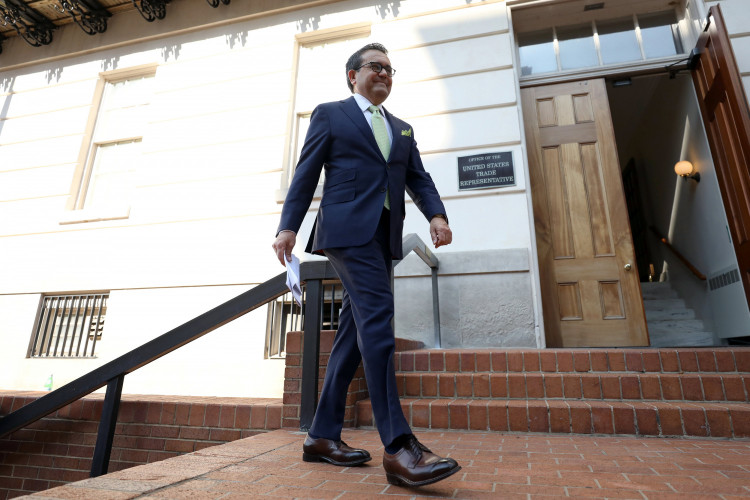Trade negotiators from the United States and Mexico are reportedly close to resolving their countries' bilateral disparity involving the North American Free Trade Agreement or NAFTA. As soon as differences are ironed out, Canada is keen to immediately join the talks that involved new rules on automotive trade according to several sources familiar with the matter.
Mexican Economy Minister Ildefonso Guajardo has been telling reporters on Sunday that negotiators will be meeting again on Monday in Washington because the two nations are only "hours away" from mending trade conflicts. Earlier in the same day, the minister was initially skeptical about achieving resolution during the talks.
According to unnamed sources who have spoken with Reuters, the United States and Mexico are particularly close to agreeing on increasing free trade access over automotive deals under NAFTA. Specifically, both parties are seemingly leaning towards around 75 percent from 62.5 percent tariff-free access, the source revealed.
The Trump negotiators are reportedly insisting to place a cap on Mexican car and SUV that are being exported to the United States at about 2 million units, up from 1.77 million in 2017. The negotiators from the Trump administration are also reportedly haggling to have a duty-free access or at most a 2.5 percent tariff on car exports.
Other sources who have spoken with Bloomberg, on the other hand, said the Trump administration is also negotiating for a deal that will see more factory jobs opening in the United States. In line with this, The U.S. side is reportedly bargaining of having a specific percentage of car manufacturing done by U.S. employees, the sources said.
The United States is also said to have agreed to keep the 2.5 percent tariff as implemented under the World Trade Organization, provided that cars will still be made at existing factories. If both parties agreed to this, then cars that are going to be manufactured at new factories will be subjected to tariffs of about 20 to 25 percent.
NAFTA negotiations between the United States and Mexico has been in constant delay due to the latter's presidential election that was held in July. Specifically, there had been conflicts and disagreements with the incoming and outgoing officials who are handling Mexico's energy department.
Meanwhile, Canadian Foreign Minister Chrystia Freeland said all parties agreed that her country would only join negotiations once Mexico and the United States have mended their disagreements. When this happens, officials from the three countries would move forward in discussing both bilateral and trilateral issues.
U.S. President Donald Trump had initially tried to negotiate a separate deal with Mexico before another pact with Canada. Both countries rejected his idea and argued to keep a trilateral deal.






